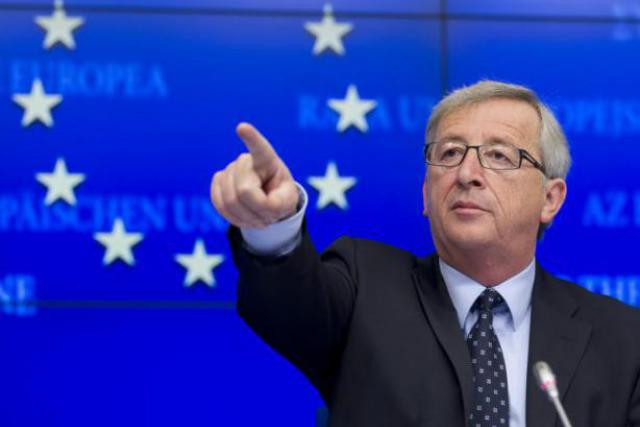In his State of the Union address in September last year, European Commission president Jean-Claude Juncker set down his goal for, “The EU and its industries to become a world leader in innovation, digitalisation and decarbonisation.” To this end, the commission issued a third and final set of measures to make this a reality for the mobility sector.
The aim is to build upon the previous “Europe on the move” initiative introduced in May and November 2017 and, “…allow all Europeans to benefit from safer traffic, less polluting vehicles and more advanced technological solutions, while supporting the competitiveness of the EU industry,” it was reported here on 17 May 2018.
As such, the commission has set down: an integrated policy for the future of road safety with measures for vehicles and infrastructure safety; the first ever CO2 standards for heavy-duty vehicles; a strategic action plan for the development and manufacturing of batteries in Europe and a forward-looking strategy on connected and automated mobility.
“With this third 'Europe on the Move', the commission is completing its ambitious agenda for the modernization of mobility…and shaping an environment allowing EU companies to manufacture the best, cleanest and most competitive products,” the commission says.
The automotive sector is a highly competitive and major pillar of the Luxembourg economy that is valued internationally thanks to is location and capacity to supply major European car manufacturers with same-day delivery of essential components. It is also valued for its continuous investment in R&D and innovation. As Georges Santer, secretary general of Luxembourg’s automotive components sector association (Ilea) told Delano in an interview earlier this week, “Luxembourg’s stability and cooperative labour situation ensures “on-time” delivery, while the government strongly backs R&D projects.”
What then will the latest “Europe on the Move” measure require of automotive researchers in Luxembourg? Safe, clean, connected and more advanced mobility via the following steps:
- Safe mobility: The commission is proposing that new models of vehicles are equipped with advanced safety features, such as advanced emergency braking and lane-keeping assist system for cars or pedestrian and cyclists’ detection systems for trucks. It is also helping member states to systematically identify dangerous road sections and to better target investment. “These two measures could save up to 10,500 lives and avoid close to 60,000 serious injuries over 2020-2030, thereby contributing to the EU's long-term goal of moving close to zero fatalities and serious injuries by 2050 (“Vision Zero”).”
- Clean mobility: In 2025, average CO2 emissions from new trucks will have to be 15% lower than in 2019. For 2030, an indicative reduction target of at least 30% compared to 2019 is proposed. These targets are consistent with the EU's commitments under the Paris Agreement and will allow transport companies, mostly SMEs, to make significant savings thanks to lower fuel consumption (€25,000 over five years). “To allow for further CO2 reductions, the commission is making it easier to design more aerodynamic trucks and is improving labelling for tyres…as well as putting forward a comprehensive action plan for batteries that will help create a competitive and sustainable battery “ecosystem” in Europe.”
- Connected & automated mobility: The commission is proposing a strategy aiming to make Europe a world leader for fully automated and connected mobility systems. The strategy looks at a new level of cooperation between road users, which could potentially bring enormous benefits for the mobility system as a whole. “Transport will be safer, cleaner, cheaper and more accessible to the elderly and to people with reduced mobility. In addition, the Commission is proposing to establish a fully digital environment for information exchange in freight transport.”
